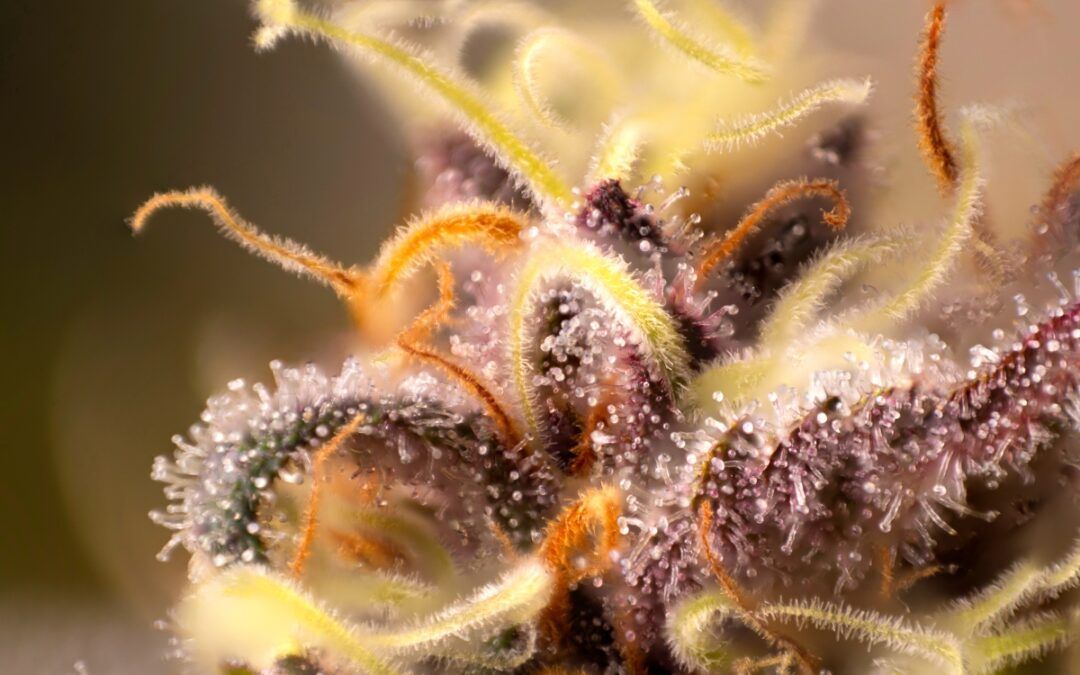The Long-Term Effects of Cannabis
As of June 2022, medical marijuana laws have been enacted in many US states, and recreational marijuana laws have been approved in 19 states. Cannabis use has certainly proved to be beneficial for numerous conditions, including chronic pain, cancer-related nausea and vomiting, epilepsy, multiple sclerosis, and others.
However, cannabis has both potential therapeutic benefits but also negative health effects, and while the general consensus that cannabis is a safe substance to use, its long-term advantages and risks still remain unclear.
Research about Cannabis
There are numerous studies to date showing that cannabis is beneficial for helping in the treatment of various medical conditions. Cannabidiol, or CBD, was approved as a treatment for some forms of epilepsy in June 2018; nonetheless, the FDA has not found cannabis to be safe or effective in the treatment of any medical condition.
The push for legalization has somewhat exacerbated the tension between the belief that cannabis is a successful treatment for a variety of ailments and the lack of scientific evidence for both its benefits and negative effects tends to confuse both professionals and the public.
What are the Medical Benefits of Cannabis?
Research over the years has shown results that cannabis may be helpful in the treatment of certain ailments. More than 10,000 studies on the therapeutic uses and side effects of cannabis were evaluated in research by the National Academies of Sciences, Engineering, and Medicine .
Moreover, the study in Clinical Psychology Review examined all of the published data on the use of medical cannabis to treat the signs and symptoms of mental illness and PTSD as well as the ability to relieve chronic pain. The same study also found that cannabis use may help those who are dependent on alcohol or opioids overcome their addictions.
Oral cannabinoids have been shown to be beneficial in treating chemotherapy-induced nausea and vomiting, and a few small studies have suggested that smoking cannabis may also assist to reduce similar symptoms. According to certain research on cancer cells, certain forms of cancer cells in growth may be killed or slowed down by cannabis.
What are the Side Effects of Cannabis?
Unfortunately, studies have shown that cannabis use may have negative effects on a person’s health and cognitive abilities. Cannabis usage can have an impact on the user’s intellect, inhibit learning abilities and affect the ability of the user to perform certain tasks. In general, THC impairs cerebellar and other brain functions, including balance, coordination, posture, and reaction time.
In the short term, the main side effects of cannabis include dry mouth, chronic cough, headaches, fatigue, drowsiness, increased appetite, disorientation, impaired ability to concentrate, and others.
Numerous studies have suggested that marijuana use can impair cognitive performance , but that the severity and/or length of the impairment varies on the user’s age at onset, dosage, and duration of use.
What are the Long-Term Effects of Cannabis?
The age of the user and the potency of the marijuana being used has a significant impact on the severity of long-term marijuana use. In other words, the younger the user is when they start to smoke weed, and the greater the THC potency, the worse the consequences.
There is growing evidence that marijuana use may have long-term effects on brain development in addition to its short-term effects. This is particularly true if marijuana use begins in adolescence. This can result in other long-term physical and mental health issues, which may include mood disorders, escalation of psychotic disorders in susceptible individuals. As well as cannabis use disorders, withdrawal syndrome, neurocognitive impairments, increased risk of other substance use, and others.
Generally, both the negative and positive effects of cannabis on health are supported by evidence and research. However, despite the reviews and studies, it is obvious that additional and in-depth research is required to properly understand the effects of increased cannabis usage as well as its medical benefits on health.
The post The Long-Term Effects of Cannabis appeared first on Mammoth Dispensary | ASCENT.



| C10-0000382-LIC | C10-0001391-LIC
newsletter
Thanks for signing up!
Please try again later.


